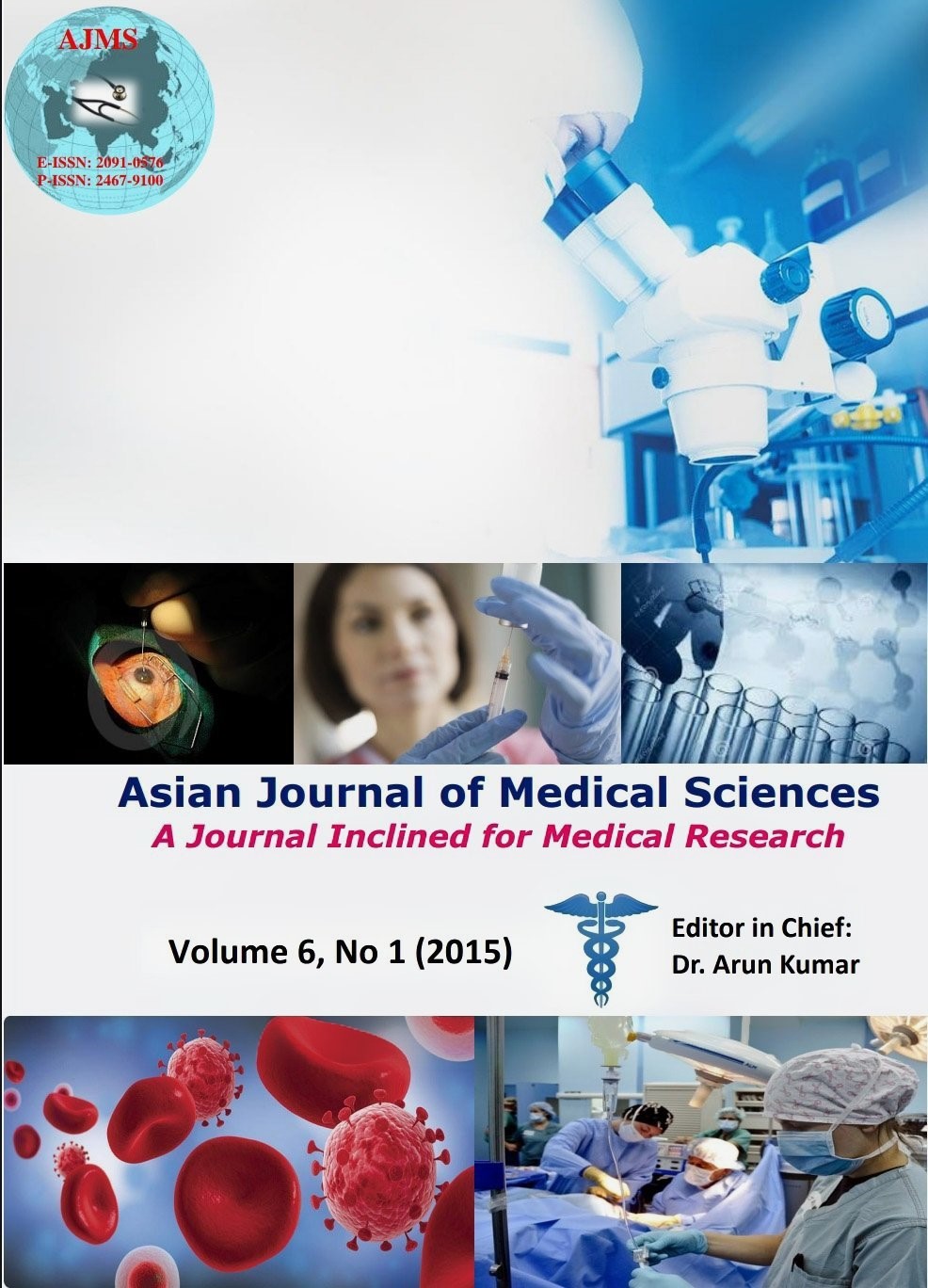Diagnostic accuracy of intraoperative consultation of ovarian neoplasms
Keywords:
Frozen section, ovarian tumours, Accuracy, Diagnosis, management, Gross examinationAbstract
Introduction: Ovarian neoplasm’s are an important cause of morbidity and mortality in women. Frozen section is widely used in the intra-operative assessment of patients with ovarian tumors to provide guidance for an appropriate surgical management. It is crucial to know intra-operatively, the exact nature of the tumor to determine the extent of surgery. It is in these situations where the Intraoperative frozen section technique plays its role in making this distinction.
Methodology: Females of all ages undergoing planned surgeries for ovarian tumors at Aga Khan Hospital or outside referrals with request for intra operative diagnosis was included. Age of the patient, duration of the lesion and clinical impression were recorded and frozen section was performed.
Results: Thirty four cases of ovarian tumors received for frozen section were included in this study. The calculated sensitivity was94.4%, specificity was 93.8%, positive predictive value was 94.4% and negative predictive value was 93.8%.
Conclusion: This study shows that frozen section is a highly sensitive and specific method for the rapid diagnosis of ovarian tumors.
DOI: http://dx.doi.org/10.3126/ajms.v6i1.10798
Asian Journal of Medical Sciences Vol.6(1) 2015 77-80
Downloads
Downloads
Published
How to Cite
Issue
Section
License
Authors who publish with this journal agree to the following terms:
- The journal holds copyright and publishes the work under a Creative Commons CC-BY-NC license that permits use, distribution and reprduction in any medium, provided the original work is properly cited and is not used for commercial purposes. The journal should be recognised as the original publisher of this work.
- Authors are able to enter into separate, additional contractual arrangements for the non-exclusive distribution of the journal's published version of the work (e.g., post it to an institutional repository or publish it in a book), with an acknowledgement of its initial publication in this journal.
- Authors are permitted and encouraged to post their work online (e.g., in institutional repositories or on their website) prior to and during the submission process, as it can lead to productive exchanges, as well as earlier and greater citation of published work (See The Effect of Open Access).




